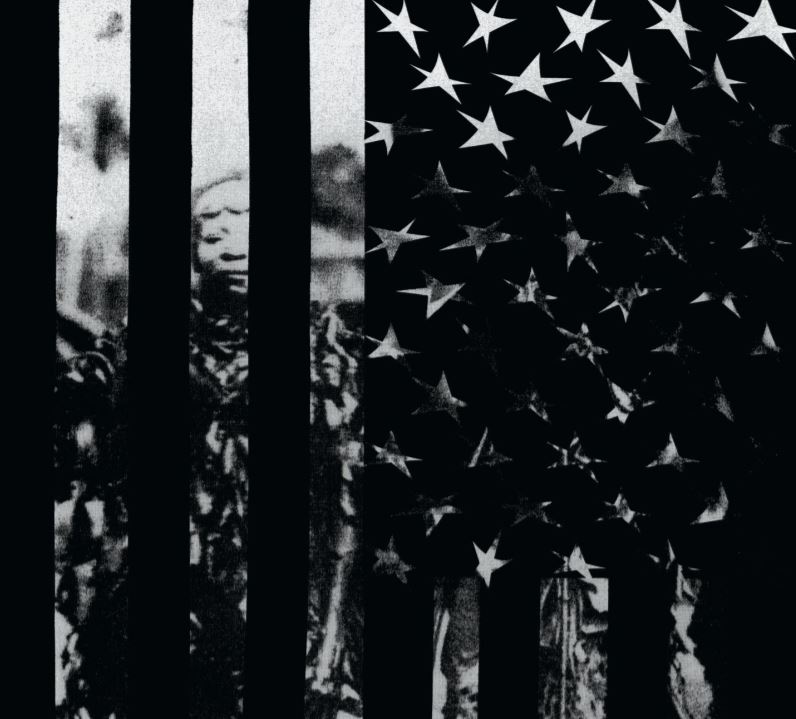
The Pulitzer Center is pleased to announce a partnership with Lift Black Voices, a Facebook hub that responds to conversations happening in the Black community and current events that impact it in the United States. Starting Tuesday, September 21, 2021, you’ll find stories, images, and conversations on the hub connected to our education team’s work with The New York Times Magazine’s 1619 Project.
When The 1619 Project launched two years ago, marking 400 years since the first enslaved people were brought to what would become the United States, its bold call for us to grapple unflinchingly with the ripple effects of slavery throughout our society connected immediately with a broad cross-section of the public. But nowhere did its lessons resonate more deeply than in classrooms. Educators nationwide took it up in the first days of that school year; students responded with passion, creativity — and outrage.
The project’s relevance has only increased since 2019. A terrible string of racially motivated killings and the resultant uprisings that came to define 2020 plunged our country into a “conversation” on race that all too often has devolved into a shouting match.
What’s lost in the debate over the teaching of The 1619 Project in schools is its brave message of healing and uplift — that in recognizing the unique role of Black Americans in shaping our society we can both better understand who we are as a nation and also move forward together with more honesty, justice, and unity.
The Pulitzer Center, a nonprofit journalism and education organization, engages students and the public on global issues in much the same spirit as The 1619 Project seeks to do. How can we understand the climate crisis without looking back at our collective failure to confront the facts decades earlier? What are the consequences of a global supply chain that obscures the human and ecological cost of cheap clothes? Why must millions leave their homes in search of safety and opportunity elsewhere?
These questions, like The 1619 Project’s question of America, have no easy answers — and plenty of hard truths. Examining them can be painful, but ignoring them hasn’t worked. What if we took that leap of faith? Forty-two teams comprising this year’s inaugural cohort of The 1619 Project Education Network are doing just that. Learn more about them here!
We are excited and honored to be a part of Lift Black Voices and invite you all to the hub to share your thoughts and reflections on The 1619 Project and our educational materials.
Lift Black Voices on Facebook: https://www.facebook.com/hubs/lift_black_voices/




